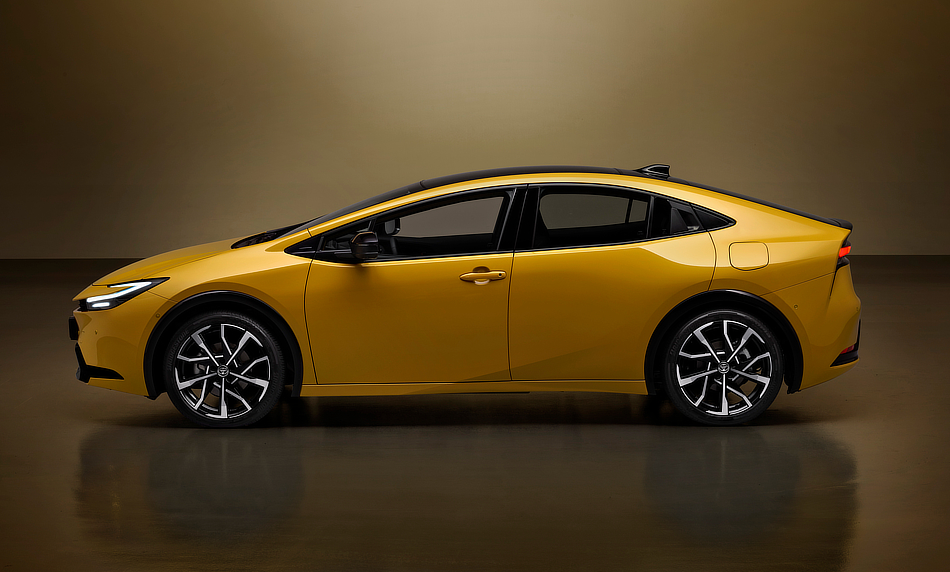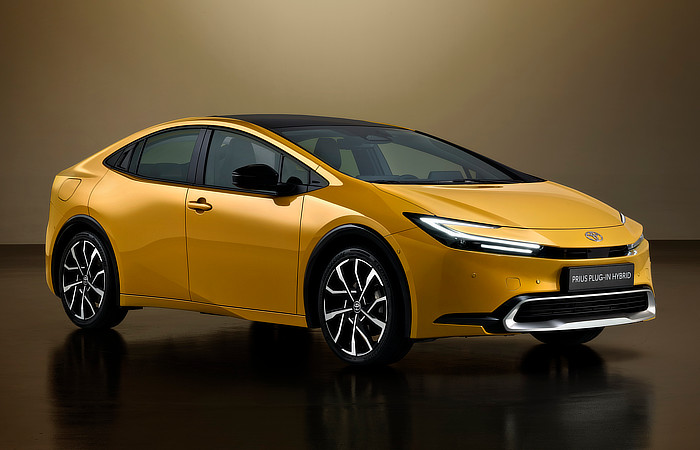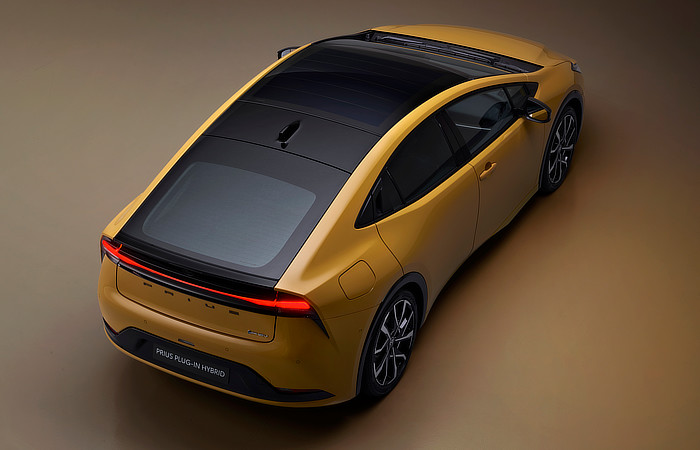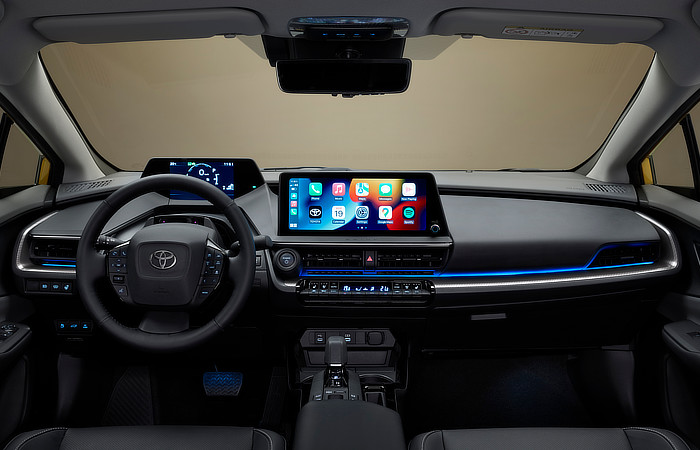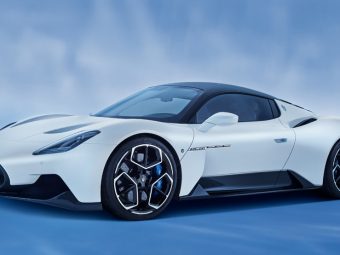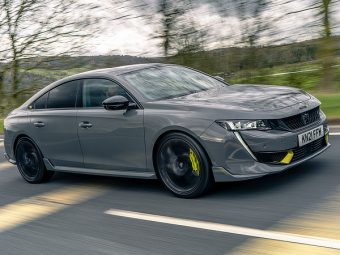Toyota has devolved, after leading the way with hybrids the company has gone down the roadblock of Plugin Hybrids. Plugin hybrids are the worst of both worlds, two powertrains, a gasoline engine, a supplemental electric motor and a small battery pack. If you want to build an efficient car, in theory, avoid plugin hybrids because they weigh more and thus burn more fuel, when not in electric mode. Even with the most basic analysis, PHEVs are inefficient and equivalent to a former smoker sneaking a quick drag when no one is looking.
The Prius Hybrid is currently offered in two powertrain options, a naturally aspirated 15bhp-188Nm 2.0 engine and a 97bhp-188Nm 1.8 litre engine. The Prius PHEV utilizes a 2.0-litre engine that produces 163bhp which elevates to a total system power output of 220bhp when combined with the electric motor. The 13.6kWh lithium-ion battery pack allows for a theoretical pure electric mode of 69 miles according to Toyota. However, real-world PHEV driving is typically half the official figures.
The roof is lined with solar panels and can generate 8 kilometers of EV range per day or charge the battery completely full if parked for several days. The Prius PHEV will retail in Japan from 4.6 million yen or about £28,000. Toyota discontinued Prius sales in the United Kingdom but Prius will live on in Europe, but for how long? Combined European sales of the Toyota Prius are very low considering Toyota is the largest car manufacturer, by volume, in the world.
Prius sales in Europe have been in decline since 2010 when the brand reached peak sales of 42,000, by 2019 sales declined to just 7,000, and by 2021 sales declined further to less than 3,000. The all-new look Prius will reverse the trend, but the Prius PHEV is a backward step technologically and logically. Here’s the issue, it isn’t just about the inefficiencies surrounding PHEVs, it’s about convergence.
Eventually, PHEVs will gain more electric range with a bigger and therefore heavier battery pack. When that happens PHEV efficiencies and claims of lowering emissions go out of the window. Therefore you may as well buy an electric car. But in the meantime, I would opt for the Prius Hybrid, PHEVs are merely designed by legacy car manufacturers to meet CO2 emissions quotas.
